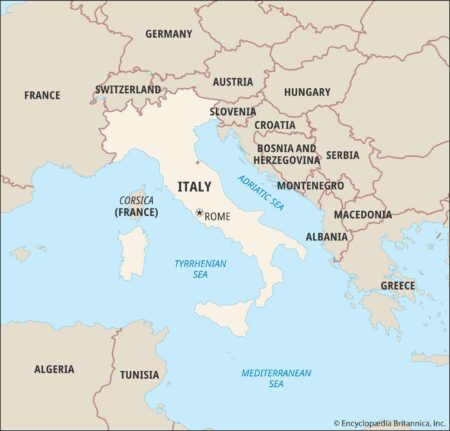France’s unemployment rate has dropped for the third consecutive month, signaling a vibrant revival in the labor market. Experts attribute this positive trend to strong job creation and a resilient economy driving renewed confidence
Browsing: European economy
French President Emmanuel Macron boldly challenged Elon Musk, branding him “over-subsidised” and urging Europe to turbocharge its own tech industries. He emphasized the critical need for ramped-up support to ignite European innovation and stand toe-to-toe with global giants
Germany’s economy roared back to life in the first quarter of 2024, marking its first growth surge since 2022. Driven by a powerful upswing in industrial production and a surge in export demand, this dynamic rebound signals a bright new chapter for Europe’s largest economy.
German industrial production defied expectations last month with a powerful surge, driven primarily by a remarkable boom in automobile manufacturing, Bloomberg reports. This impressive upswing in the auto sector energized overall factory output, dispelling recent concerns about an economic slowdown
Italian manufacturing contracted in December at its fastest pace since March, Reuters reports. The PMI reveals a sharp decline in new orders, spotlighting ongoing economic challenges and sluggish demand across the sector
Germany is heading toward its largest budget deficit since reunification, the Bundesbank has warned. Skyrocketing energy costs and escalating economic challenges are driving this widening gap, sparking concerns over the nation’s fiscal health
The OECD urges Spain to bolster its fiscal buffers by implementing resilience-building measures, safeguarding the economy against future shocks. The organization emphasizes that strong public finances are crucial for driving sustainable growth
Germany’s Finance Minister Merz spotlights encouraging signs of economic recovery, but the IMF warns that deep-rooted structural challenges and ongoing global uncertainties continue to restrain the country’s mid-term growth potential
Spain’s budget deficit is set to fall below Germany’s for the first time in nearly 20 years, signaling a stunning shift in the Eurozone’s fiscal dynamics, reports the Financial Times
Italy finds itself at a critical crossroads as Moody’s prepares to review its credit rating after seven intense years hovering on the edge of junk status. This vital decision has the power to transform borrowing costs and steer the future of the nation’s economic stability amid ongoing challenges
Germany stands at a pivotal crossroads, facing the risk of missing a golden opportunity. Delays in green energy investments and industrial reforms now threaten to stall its economic recovery and undermine its leadership in Europe’s urgent race toward a sustainable future, warns the Financial Times
Italy’s credit outlook has been upgraded as Scope Ratings praises the Meloni government for its bold fiscal reforms and improved budget management, sparking renewed confidence in the nation’s economic stability
Italy’s steadfast commitment to safeguarding its gold reserves is proving incredibly rewarding as global prices skyrocket. Experts praise Rome’s strategy as a powerful show of confidence in bullion amid volatile market conditions. Reuters reports
France is facing a surge of economic and social challenges-from sluggish growth to rising unemployment-that could soon place it among Europe’s most struggling economies. Experts warn that without bold and immediate reforms, the nation risks a sharp downturn
France is facing mounting fiscal pressures as its debt climbs and economic growth slows to a crawl. Experts suggest that Italy’s recent budget reforms and stringent austerity measures offer valuable lessons that could help Paris stabilize its economy and regain the trust of investors
Europe is on edge as France faces economic uncertainty, eagerly awaiting decisive policies and renewed stability. ING Monthly highlights the high stakes for the continent as France battles to maintain growth and preserve investor confidence
The fall of yet another French premier has thrown the nation into even deeper political chaos, complicating efforts to address the mounting debt crisis. Amid structural deficits, soaring public spending, and sluggish growth, France’s financial challenges are reaching a critical tipping point
France’s ongoing political deadlock has triggered urgent warnings from credit rating agencies, heightening concerns over economic stability and rattling investor confidence as stalled reforms clash with growing fiscal pressures
Italy is firmly committed to keeping its budget deficit at 3% of GDP this year, showcasing a resolute dedication to fiscal discipline amid ongoing economic challenges. This goal aligns seamlessly with EU guidelines, carefully balancing the drive for growth with prudent debt management
Spain has surged ahead as Europe’s shining economic star, outpacing rivals with remarkable growth and soaring employment. The Financial Times reveals that a dynamic mix of strong domestic demand and robust exports is fueling this impressive comeback




















